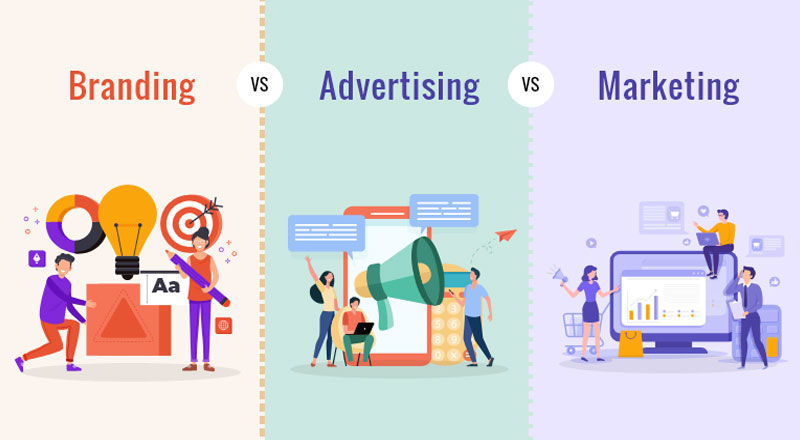What keywords and phrases do you associate hiring interviews with?
Dreaded. Awkward. Fumbling. Rambling. Memory lapses. Should I have said/not said that? Kick yourself later… or Welcomed. Curious. Confidence. A good connect. Humor. Conversation about things not just work. Think I so nailed it!
I have taken several interviews – from both sides of the table. Actually there should be no table (I’ll come to that later). In recent years, I have only been the interviewer – this post draws from nearly all my experiences in technology companies. This process has come a long way since the days of excessive formality, over-eagerness, pleading behavior, defensiveness, and intimidation. Nothing from what you saw in those old movies or TV shows applies in progressive companies these days. Now, it’s like both – candidates and employer – are out shopping for each other.
For you, the candidate:
Don’t. Ever. Be. Late.
Be on time, no excuses – in the age of Google – for problems with directions, come on. I can’t tell you how much this puts off hiring managers – it’s the worst possible first impression. I don’t like it when the recruiting folks tell me the candidate is not in yet/on her way/lost her way/her ride was late/too sunny outside. Do your homework about the company. Know their business, and likely competition as you see it. Look up their web site thoroughly, scour all their social media accounts. Find out who else works there – you just may find a connection.
In your résumé, state upfront what you can do for your prospective employer – clearly. Try to describe past experiences in just a few lines. Save the rest for the conversation. Let the questions come.
Your prospective employer does NOT need your social security, tax identification, and passport numbers, as well as your date of birth, gender, and similar personal information on the résumé. If/when they get you on-board, or plan to send you abroad, they’ll ask you.
Be sure to give an accurate timeline of your experience until now. And be discreet on social media ahead of the discussion. It’s actually always good to be that – discreet.
Keep your questions ready, and take notes as you have your discussion with your prospective employers. Sound informed, and eager to learn. Do not fumble. Be prepared to confidently answer the question – ‘what do you think we do as a business?’.
When samples of your work – projects, something that you presented or wrote – are requested, send in something original. Do not plagiarize. It probably takes a minute to find out, if you indeed did that.
Ask why the position has become available. This is often missed, and it shows you are thinking about the organization’s need to fill a vacancy, or a new role.
Request an accompanied walk around after the discussion, if that’s possible – get a sense for the organization, and show you’re interested in knowing about the place. Get the hiring person’s contact information, and write a thank you note (recruitment/HR people included) that references some of the talking points. This will help them recall you, as they meet many prospective team members. If it didn’t work out after the discussion, ask why it didn’t. No harm there.





